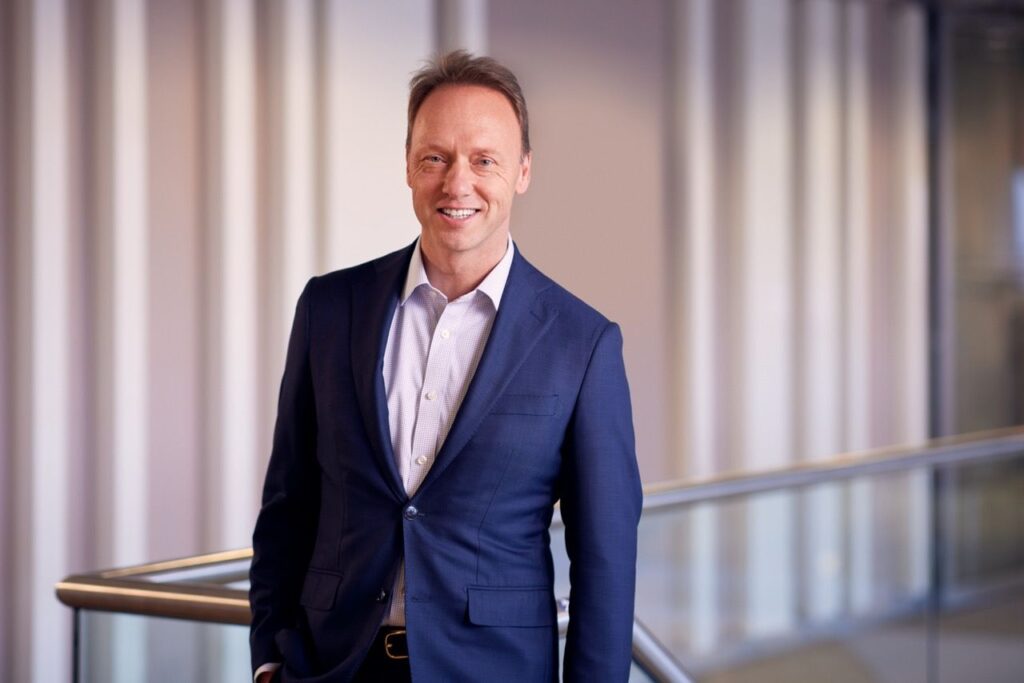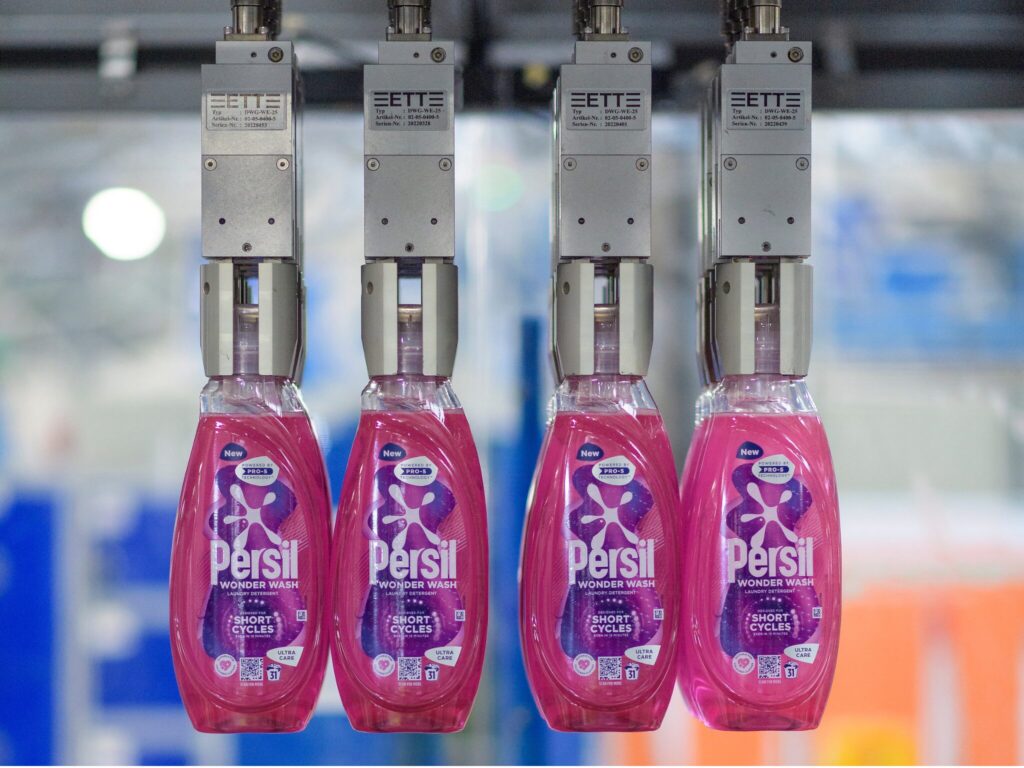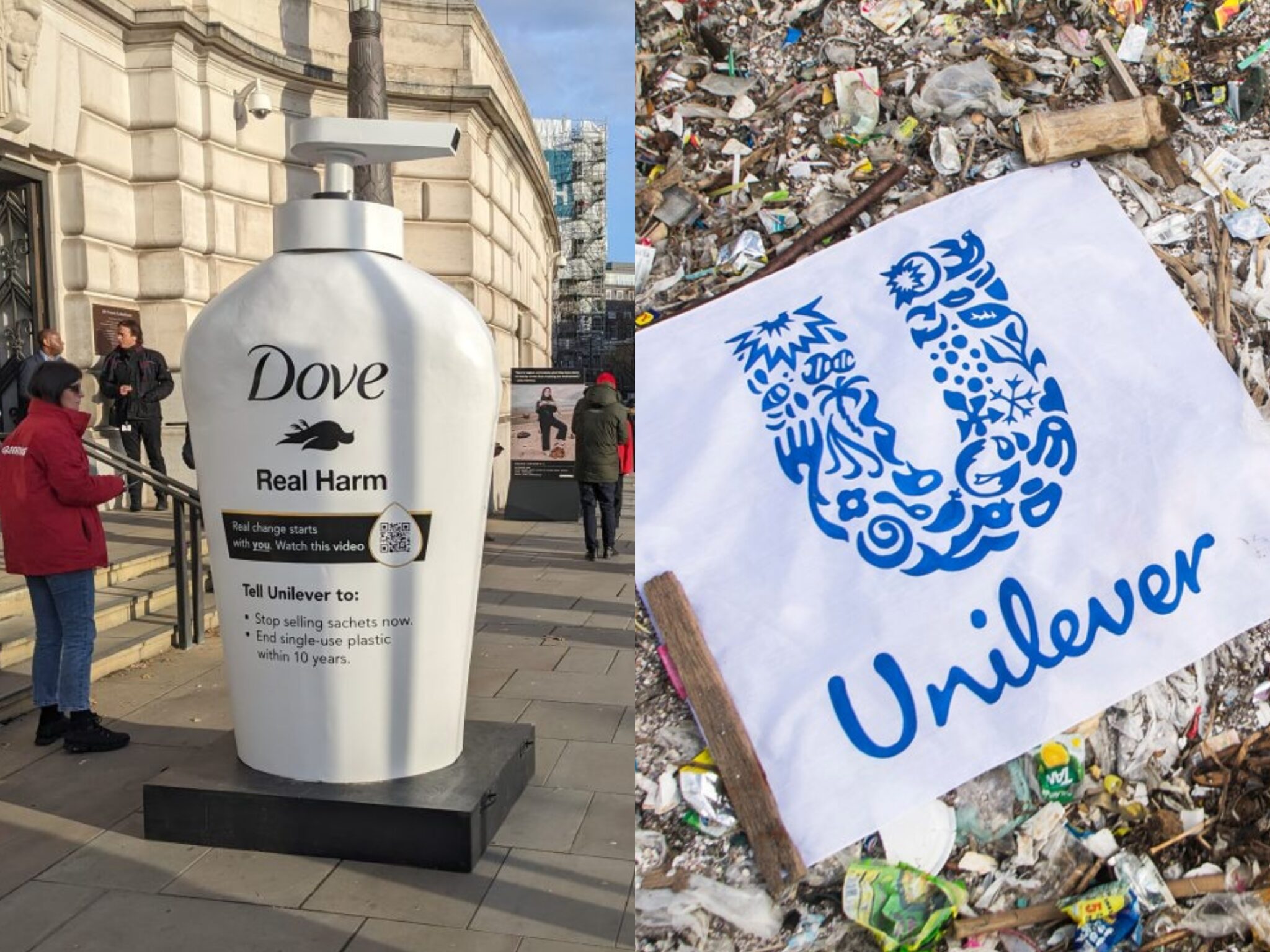5 Mins Read
An ESG leader and one of the world’s largest CPG companies, Unilever is pushing back its climate and social pledges amid increased pressure to focus on financial goals above everything else.
Unilever is either abandoning or watering down many of the environmental and social aims that elevated its status as an environmental, social and corporate governance (ESG) leader, the company’s CEO Hein Schumacher told Bloomberg last week.
It comes a month after the CPG giant had rolled out updated climate goals amid a backdrop of investor, shareholder and political criticism that non-financial objectives were distracting the company from its financial targets. But sustainability chief Thomas Lingard had told Bloomberg that Unilever’s climate plans were built into its financial growth model.
The company, which has managed to cut its scope 1 and 2 emissions by switching to renewable energy (among other measures), said 98% of its climate footprint comes from outside its own operations (scope 3). And for the first time, it had outlined a goal to lower absolute scope 3 emissions, noting its ambition to lower energy and industrial emissions by 42%, and forest, land and agriculture by 30% (from a 2021 baseline) by 2030.
The company’s eventual goal is to reach net zero by 2039, but its commitments have been criticised for being too vague and hard to measure. Now, it’s dropping or delaying some of its ESG goals, with Schumacher suggesting that people’s focus on climate and social issues was “cyclical”. He told Bloomberg: “When you have a huge drought for a number of months but everything else is going fine, the attention is on climate. These days it’s about wars and rightly so, that’s at the forefront.”
Altering food waste, plastic and labour pledges

Unilever, one of the world’s largest plastic packaging users, had previously aimed to make 100% of its plastic packaging reusable, recyclable or compostable by 2025 – but it has pushed this back to 2030 for rigids and 2035 for flexibles. Similarly, it had set a goal to halve its use of virgin plastics by 2025. That has now been revised to one-third by 2026 – that equates to over 100,000 tons of fresh plastic annually.
In terms of social pledges, Unilever’s commitment to pay all direct suppliers a living wage by 2030 now covers just half of the suppliers making up its procurement spending by 2026. Additionally, it has abandoned a commitment to spend €2B each year on diverse businesses globally through to 2025, alongside a target of having 5% of its workforce be comprised of people with disabilities by that year.
It has also dropped pledges to make 100% of ingredients biodegradable by 2030, and halve food waste in its operations by 2025. The company’s aim of sourcing 100% of key crops sustainably has been lowered to 95%, while its promise to protect and regenerate 1.5 million hectares of land, forests and oceans by 2030 has been slashed to a million hectares.
“I’m not going to shout that ‘we’re saving the world’, but I want to make sure that in everything that we do, that it is indeed better,” said Schumacher. “I feel that with the themes that we choose – whether it was climate, plastics, nature, and livelihoods – that given our global presence, given our portfolio, given our footprint, that those were the four areas where we could make a difference.”
Unilever – which is worth £95B on the London Stock Exchange – still has commitments on carbon emissions, but Bloomberg notes that watering down ambition in other areas like biodiversity enhancement and plastic waste reduction could set a precedent of abandoning goals when they’re too hard to meet. Schumacher also noted that the new ESG goals aren’t going to reduce costs, and the company is upping investment to ensure these targets are met.
But it’s a seismic shift in direction for a company that has built its business reputation on ESG, and the scaling back of its promises would be closely watched by industry competitors as financial pressures grow.
Unilever execs should ‘hang their heads in shame’

As can be expected, Unilever’s announcement has attracted criticism from climate groups like Greenpeace UK, whose plastics head Nina Schrank said the company’s executives “should hang their heads in shame”.
“Hein Schumacher and his board are well aware of the ruinous impact of their plastic pollution,” she was quoted as saying by the Guardian. “The tsunami of plastic they produce each year meant their existing targets were already not fit for purpose. We needed much more. And so rather than doubling down, they’re quietly dressing up their backpedalling and low ambition as worthy pragmatism.”
Just last week, Unilever announced the creation of a new eco-friendly laundry detergent called Wonder Wash, made specifically for short laundry cycles. The bottles are made up of 35% recycled material and said to be 100% recyclable, which Unilever claims results in lower plastic weight per bottle and more efficient transportation.
But a 2023 investigation by Greenpeace International found that the company is continuing to use single-use, non-recyclable plastics, selling 1,700 plastic sachets every second and being on track to sell 53 billion by the end of last year. The non-profit revealed that Unilever was on track to miss its original virgin plastics target by nearly a decade.
Schumacher blamed it on external factors: “On plastics, you need governments, you need retailers, you need partners in the petrochemical industry. You need recycling systems that match.”
The news comes a month after Unilever announced it was spinning off its ice-cream division (which includes the likes of Ben & Jerry’s, Magnum, Cornetto, Breyers and Wall’s) and laying off 7,500 employees in a cost-cutting exercise predicted to save the company €800M over the next three years.
Another sustainability commitment it has seemingly fallen short on is its target of introducing carbon labelling for all 75,000 products globally by 2026. “It is possible that some of our brands may wish to communicate product carbon footprints in the future, and for this having accurate data is essential. We also know information must be provided in context to be meaningful to consumers,” a Unilever representative told Green Queen last week.
They added that the company is “committed to improving transparency of GHG emissions” in its value chain: “We are focusing our efforts into programmes such as the Pathfinder for Carbon Transparency, hosted by the World Business Council for Sustainable Development, which is working to standardise industry measurement and reporting of product greenhouse gas footprint data. Our collection of more accurate data will help Unilever to make more informed procurement decisions as we work towards our climate targets.”




